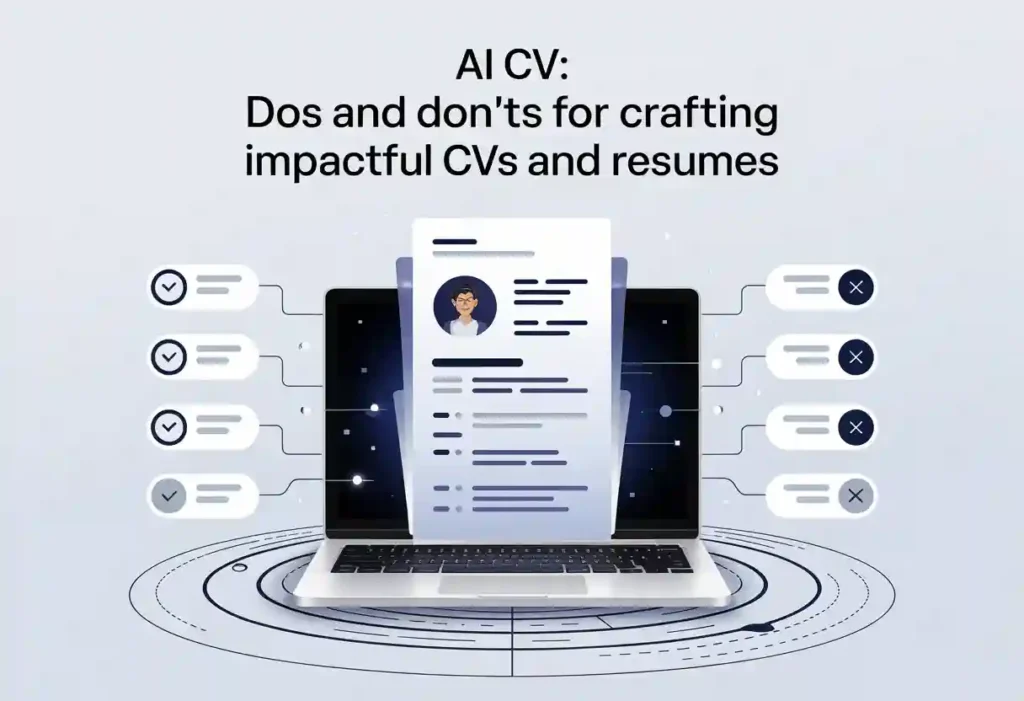Developing Problem-Solving Skills
- Know your strengths ─ We all have strengths that make us different. That’s why it’s crucial to figure out what yours are before trying to cultivate new skills or fix weaknesses.
This will help you focus on the right areas of development so that they stand out in job interviews.
- Practice makes perfect ─ Practicing problem-solving may not sound fun, but it works. Start by reviewing a few problem-solving tasks and seeing your strengths.
Then, spend time looking for problem-solving tutorial videos or websites that you can use to practice new problem-solving approaches.
The IDEAL Problem-Solving Model
This is one approach to tackling the issue of solving problems.
It includes clear steps to create a solution for any given problem into five manageable parts:
- Identify the issue: What problem are you trying to solve? Make sure you fully understand it. Establish the goal: how can you solve the problem? What do you want to happen at the end of the whole process?
- Define the obstacles: what are the barriers to achieving this goal? What’s stopping you from achieving your desired outcome? Brainstorm ideas on eliminating obstacles: overcoming the challenges and reaching your goals.
- Examine your options: what skills, strategies, techniques, ideas, or tools could help achieve the desired outcome? Have any solutions been tried previously? Why didn’t they work?
Include any similar problems that may have already had a working solution implemented.
Can you adapt and implement it for the current problem?
- Act on the plan: devise and carry out your problem-solving plan. This is where all your creativity will come in. For example, say you’re working on an impossibly large problem.
You might divide it into smaller projects as part of a more effective problem-solving process.
Identify what needs to be done, and then tackle each job.
Continually revise your plan: keep tweaking and adjusting until you have a workable solution.
- Look at how it turns out: do you need to make any changes to the final solution? This is where you can celebrate or reflect on your problem-solving skills.
This simple but effective problem-solving model works in most situations.
And it makes it easy for you to get started on any problem-solving task.
Why do all graduates require problem-solving skills in the workplace
This might seem obvious, but many graduates overlook these skills.
Employers will be looking for problem-solving skills in the workplace.
They may assess your ability to solve problems on a competency-based application or by using interview questions about solving problems.
These skills are essential because employers must see that you can solve any problem they might throw at you.
Mainly, if you are employed in a leadership position responsible for handling organizational problems.
How will employers assess your ability to problem solve?
Solving problems is one skill that employers will assess you on, and they could evaluate it through your resume, application form, or during interviews.
So, what are some interview questions about problem-solving?
Example interview questions:
- A company needs to find a way of reducing operating costs by £25,000. What would you do?
- There are 50 widgets in one room and 50 widgets in another room with no doors between them. How could we combine them so all 100 widgets fit into one room?
Competency-based interview questions about solving problems:
- What would you do if your computer crashed?
- If a customer has been waiting for more than 30 minutes on hold, how might you handle the situation?
Hypothetical interview questions about problem-solving skills
Examples of hypothetical interview questions about solving problems:
- How would you deal with a disagreement between two team members?
- Discuss the importance of flexible problem-solving.
- Give an example of being able to quickly come up with an innovative solution when time was limited and resources were scarce?
- We often can best articulate a problem through a question. What are some questions you might ask to get an idea about how you can solve a problem?
- Provide one or more solutions for addressing a problem. And provide reasons why your solution would work better than the others that other interviewees provided.
Typically, competency-based interviews include a question such as “Give an example of…”
How can I develop and demonstrate my problem-solving skills?
Here are some tips for developing your problem-solving skills:
Tips 1
Start by recognizing the problem.
Clarifying what you’re trying to solve or find is a crucial first step.
Tips 2
Use your imagination and creativity.
One of the essential qualities of good problem solvers is their ability to develop creative solutions.
Tips 3
Finally, be on the lookout constantly for situations that require a solution.
Practice identifying the core problem, brainstorming, and executing the best solution.
How to leverage your problem-solving skills to get hired
Brainstorm and solve problems by yourself.
Get friends or colleagues to suggest the best solutions, then present them to the larger team.
That critical skill alone will be precious for any employer.
Set your goals and deadlines: this is how you’ll stay on track toward completing the problem-solving process.
Ensure they’re real so you can achieve them quickly without shortcuts.
Break down large tasks into smaller ones.
Tackle one part of the problem after another instead of trying to find a solution to everything all at once.
This way, it’s easier to see where you require improvements.
It also helps break through mental blocks ─ sometimes, we need help getting started.
Dos and don’ts for effectively solving problems
Dos
- Be curious: explore the problem from different angles, and not just your point of view. Try to find out what's going on by asking questions when you don't understand something or disagree with a situation.
- Get clarification: ask for explanations if someone tells you something is impossible, expensive, or unethical — then return to solving your problem.
- Tackle the problem as quickly as possible and focus on one problem at a time. Delegate smaller, manageable tasks to junior colleagues if necessary.
- Seek out resources to help solve your problem.
Don'ts
- Don’t give up too soon: if solutions are left unexplored, it's worth hanging in there until you have exhausted every opportunity. You never know how close you might be to finding an answer; trust yourself and keep looking for a fresh approach to the challenge.
- Don’t let anxiety and frustration take over. Remember that problems are sometimes temporary. They may not be solvable in their entirety today, but you can make progress on them and see results tomorrow or next week.
- Don’t be afraid to ask for help and mentorship. Like they say, 'seeking help is not a weakness.'
Always look for ways to improve your problem-solving skills, even if you’re frustrated or stuck.
A bad day is just an opportunity to work hard towards something better the next day.
Discover how you can use our CV Builder to highlight your problem-solving skills and impress employers and recruiters. Learn how to write a resume like a specialist.
Further Reading
- Free resume builder
- 51 LinkedIn summary templates
- CVJury's best article on resume builder
- How to find a job
- 13 best career tests



